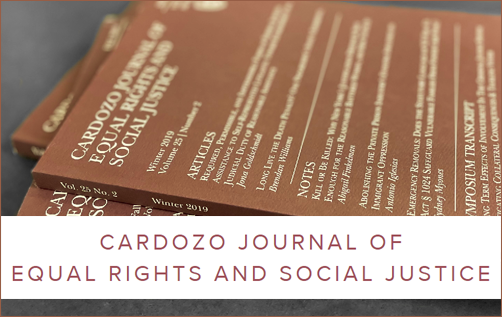Document Type
Blog Post
Publication Date
12-8-2023
Abstract
Following the Supreme Court’s decision in Dobbs that there is no constitutional right to an abortion, many became concerned about data collected by fertility and menstrual cycle apps. Specifically, users, privacy experts, and even legislators feared that data collected by these apps “could provide a deep well of evidence for states seeking to track and potentially arrest anyone seeking or receiving an abortion. Katharine Kemp’s analysis of twelve popular fertility apps within the United States and abroad revealed the unsafe data practices of some of these apps. These apps allow users to log information including when they had sex, if they used methods of protection, and whether they had a positive or negative pregnancy test. The vulnerable information amassed on these apps could reveal sensitive information identifying someone whose “regular periods suddenly stop,” for example, or a user taking a morning-after pill. Kemp’s study concludes that the apps’ privacy practices are riddled with confusion including “pervasive tracking of the [user’s] online behavior, without clarity about whether inferences drawn from this will be treated as sensitive information,” and provide “inadequate de-identification of sensitive data shared with other organizations.”
This post was originally published on the Cardozo Journal of Equal Rights and Social Justice website on December 8, 2023. The original post can be accessed via the Archived Link button above.
Recommended Citation
Peguero, Yeniliz, "My Body, My Data: California's Attempt To Protect Reproductive and Fertility Data" (2023). Cardozo Journal of Equal Rights and Social Justice (ERSJ) Blog. 63.
https://larc.cardozo.yu.edu/ersj-blog/63



